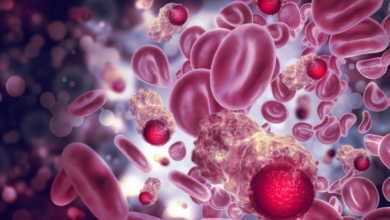HER2 Testing (for breast cancer treatment)

What is HER2 Testing?
HER2 (Human Epidermal Growth Factor Receptor 2) testing is a diagnostic test used to determine the level of HER2 protein on the surface of breast cancer cells. HER2 is a protein that can promote the growth and spread of cancer cells.
Why HER2 Testing is required?
HER2 testing is essential for:
- Determining treatment options: If a breast cancer is HER2-positive, it means the cancer cells are producing excess HER2 protein. This information helps doctors select the most effective treatment plan.
- Identifying targeted therapies: HER2-positive breast cancers can be treated with targeted therapies that specifically target the HER2 protein, such as Herceptin (trastuzumab). These therapies can significantly improve treatment outcomes and reduce the risk of recurrence.
which are the method of HER2 Testing?
HER2 testing can be performed using several methods, including:
- Immunohistochemistry (IHC): This involves staining breast cancer tissue samples with antibodies that bind to the HER2 protein. The staining intensity is then evaluated under a microscope.
- Fluorescence in situ hybridization (FISH): This technique uses fluorescent probes to detect HER2 gene amplification, which is often associated with HER2-positive breast cancers.
who should go for HER2 Testing?
All women diagnosed with breast cancer should undergo HER2 testing. The results will help guide their treatment decisions.
What are the results of HER2 Testing?
HER2 testing results are typically categorized as:
- HER2-positive: The cancer cells are producing excess HER2 protein.
- HER2-negative: The cancer cells are not producing excess HER2 protein.
What are the components of HER2 Testing?
HER2 testing involves:
- Tissue sample: A biopsy is taken from the breast tumor.
- Laboratory analysis: The tissue sample is processed and analyzed using IHC or FISH.
- Interpretation: The results are evaluated by a pathologist to determine the HER2 status of the cancer.





